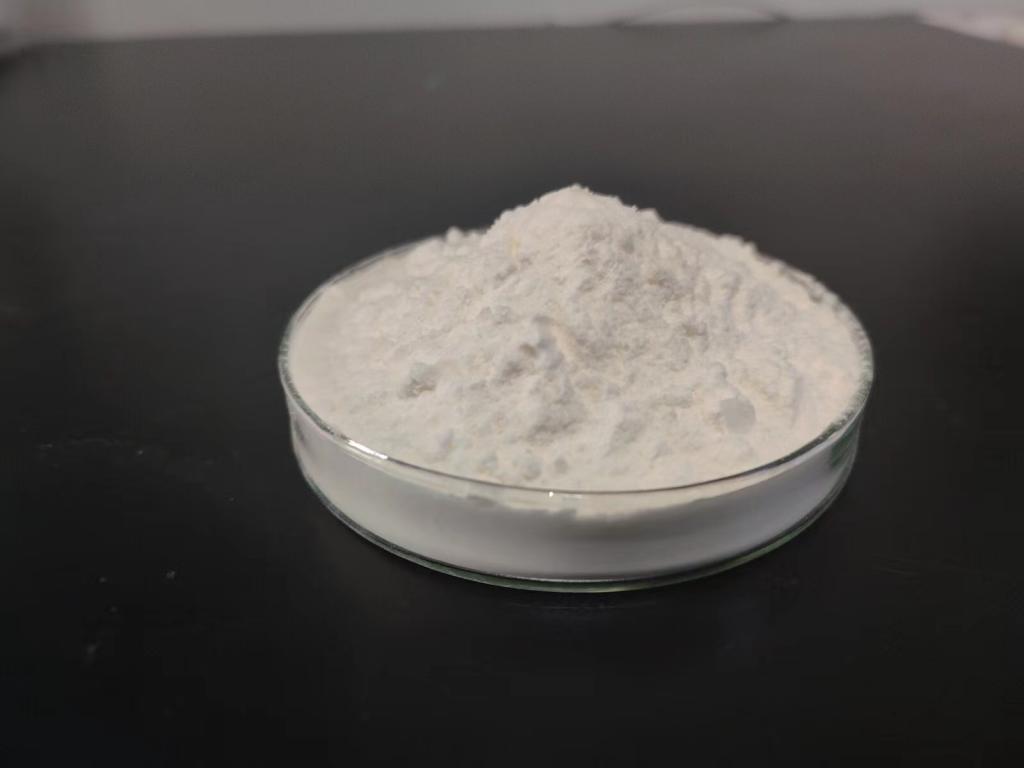Tel:0086 18231198596

News
ε-Polylysine Hydrochloride in Precision Medicine: Tailoring Treatments for Genetic Disorders
TIME:2024-03-08
Introduction:
Precision medicine represents a revolutionary approach to healthcare, aiming to tailor medical interventions to individual characteristics, including genetic makeup. This article introduces the concept of precision medicine and highlights the potential of ε-polylysine hydrochloride in customizing treatments for genetic disorders.
Understanding ε-Polylysine Hydrochloride:
This section provides an in-depth exploration of ε-polylysine hydrochloride, elucidating its structure, properties, and mechanisms of action. A solid understanding of this unique compound is essential to grasp its potential applications in precision medicine.
Precision Medicine in Genetic Disorders:
A brief overview of precision medicine's role in addressing genetic disorders sets the stage for the subsequent discussion. Emphasizing the need for targeted therapies and personalized approaches, this section outlines the challenges faced in conventional treatments for genetic conditions.
ε-Polylysine Hydrochloride in Genetic Disorder Treatments:
This section delves into the applications of ε-polylysine hydrochloride in precision medicine, exploring its potential in modulating gene expression, targeting specific genetic mutations, and enhancing the efficacy of gene therapies. Real-world case studies highlight successful applications and advancements in treating genetic disorders with ε-polylysine hydrochloride.
Targeting Specific Genetic Mutations:
One of the key strengths of ε-polylysine hydrochloride lies in its ability to target specific genetic mutations associated with various disorders. This section examines how ε-polylysine hydrochloride can be customized to address specific genetic abnormalities, offering a highly targeted and efficient approach to treatment.
Modulating Gene Expression:
Precision medicine often involves modulating gene expression to correct or regulate genetic abnormalities. Here, we explore how ε-polylysine hydrochloride can be utilized to modify gene expression, potentially providing a nuanced and tailored therapeutic approach for individuals with genetic disorders.
Enhancing Efficacy of Gene Therapies:
Gene therapies have shown promise in treating genetic disorders, and ε-polylysine hydrochloride can play a crucial role in enhancing their efficacy. This section discusses how ε-polylysine hydrochloride can be integrated into gene therapy approaches to improve delivery, stability, and overall effectiveness.
Case Studies: Successes and Challenges:
Examining real-world case studies provides valuable insights into the successes and challenges of utilizing ε-polylysine hydrochloride in precision medicine for genetic disorders. These examples demonstrate the compound's potential and highlight areas for further research and development.
Ethical Considerations in Precision Medicine:
As precision medicine advances, ethical considerations become paramount. This section explores the ethical implications of using ε-polylysine hydrochloride in personalized treatments, addressing issues such as informed consent, privacy, and equitable access to cutting-edge therapies.
Future Directions and Challenges:
Looking ahead, this section discusses the potential future directions for ε-polylysine hydrochloride in precision medicine and outlines the challenges that must be overcome. From refining delivery mechanisms to addressing ethical concerns, the article provides a roadmap for the continued integration of ε-polylysine hydrochloride in genetic disorder treatments.
Conclusion:
In conclusion, ε-polylysine hydrochloride holds great promise in the realm of precision medicine, particularly in tailoring treatments for genetic disorders. From its unique properties to successful case studies and ethical considerations, this comprehensive review highlights the potential of ε-polylysine hydrochloride to contribute to the ongoing paradigm shift towards personalized and targeted therapies. As research and development in this field progress, ε-polylysine hydrochloride emerges as a valuable tool in the pursuit of precision medicine for individuals with genetic disorders.

 CONTACT
CONTACT




